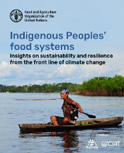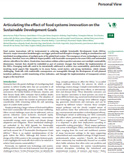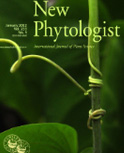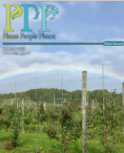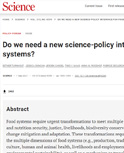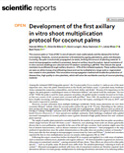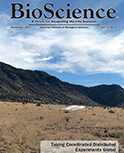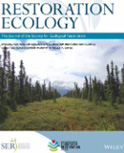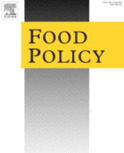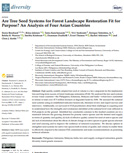2021 Annual Report Scientific publications
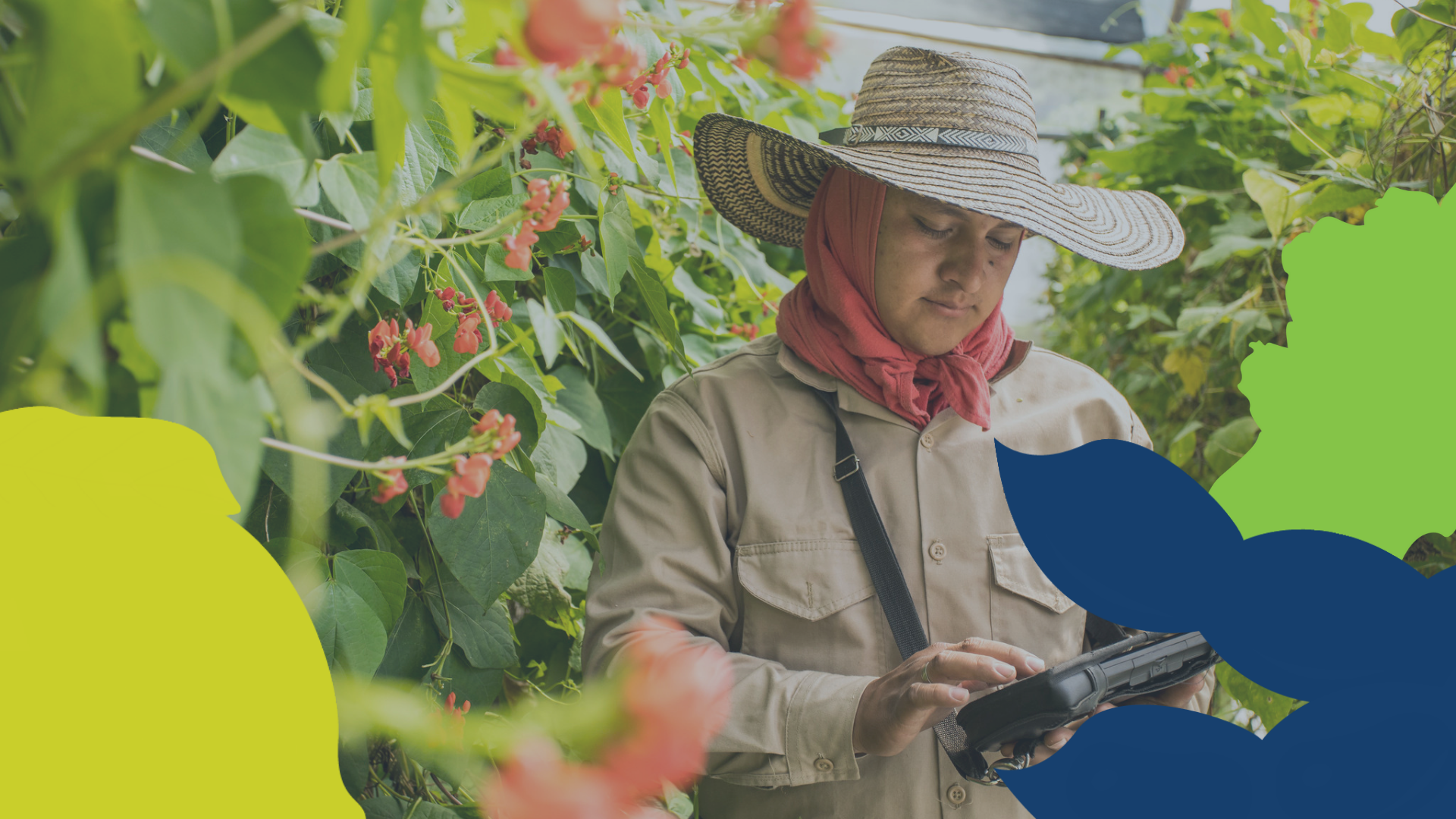
Alliance researchers in 2021 published 1,025 research outputs, consisting of 324 journal articles, 58 open datasets, 65 books, manuals and guides, 37 book chapters, 151 briefs and dozens of working papers and reports.
Of the journal articles, almost 99% were in peer-reviewed journals, and more than 85% of the journal articles were open-access.
Below, you can explore the Alliance’s top 15 peer-reviewed publications by Altmetric score (which is calculated based on media, social media and other variables):
Indigenous Peoples’ Food Systems
This publication provides an overview of shared and unique sustainability elements of Indigenous Peoples' food systems, including natural resource management, market access, diet diversity, governance systems, and links to traditional knowledge and indigenous languages. While enhancing the learning on Indigenous Peoples food systems, it will raise awareness on the need to enhance the protection of Indigenous Peoples' food systems as a source of livelihood for the 476 million indigenous inhabitants in the world, while contributing to the Zero Hunger Goal.
DOI: https://doi.org/10.4060/cb5131en
Publication: Book produced by Food and Agriculture Organization of the United Nations and the Alliance
Media highlights:
Mongabay: Indigenous food systems can provide game-changing solutions for humankind&
Articulating the effect of food systems innovation on the Sustainable Development Goals
New technology is needed for our failing food systems but anticipating trade-offs is crucial to making sure fixes do not create unmanageable new problems.
DOI: https://doi.org/10.1016/S2542-5196(20)30277-1
Publication: The Lancet Planetary Health
Press release: High-tech fixes for the food system could have unintended consequences
Crop genetic erosion: understanding and responding to loss of crop diversity
In the largest-ever review ever conducted about the change in crop diversity over time, this publication argues that science can help mitigate, stem, and reverse loss of genetic diversity, for better productivity, resilience, and adaptive capacity in agriculture.
DOI: https://doi.org/10.1111/nph.17733
Publication: New Phytologist
Press release or blog: Crop diversity is needed for tomorrow’s food security and nutrition
Extinction risk of Mesoamerican crop wild relatives
This study reports the extinction risk of 224 wild relatives of some of the most important crops including chili pepper, maize, common bean, avocado, cotton, potato, squash and vanilla. Some 35% of the taxa selected for the study on The International Union for the Conservation of Nature. Conservation of crop wild relatives is vital for a food-secure future, argue the authors.
DOI: https://doi.org/10.1002/ppp3.10225
Publication: Plants, People, Planet
Media highlights:
The Guardian: Avocados and vanilla among dozens of wild crop relatives facing extinction
World Economic Forum: These are the foods that climate change is taking off the menu
BBC News: Why we need to expand our crop menu
Do we need a new science-policy interface for food systems?
In the run-up to the first UN Food Systems Summit, scientists argued for an intergovernmental body that sets Paris Agreement-style targets for global food system transformation that could help both people and the planet.
Development of the first axillary in vitro shoot multiplication protocol for coconut palms
In a major breakthrough, scientists at the Alliance and KU Leuven succeeded in cloning coconut trees. This development, which is cost- and time-effective, could have major implications for confronting propagation problems facing one of the world’s most highly demanded tropical fruits.
Publication: Scientific Reports
Press release: Coconut tree cloning breakthrough will help propagation and preservation
Global Commitments to Conserving and Monitoring Genetic Diversity Are Now Necessary and Feasible
A hidden planetary crisis has long been neglected that is as serious as the disappearance of species and degradation of habitats. This study by 28 authors from 16 countries shows that tracking the decline of genetic diversity – and doing something about it – is now more feasible than ever.
DOI: https://doi.org/10.1093/biosci/biab054
Publication: BioScience
Press release or blog: Conserving and monitoring genetic diversity will benefit nature and society
Ten people-centered rules for socially sustainable ecosystem restoration
As the UN Decade on Ecosystem Restoration begins, almost 50 authors from diverse backgrounds set out 10 rules for addressing human and social dimensions of restoration currently overlooked in ecosystem restoration. Greater inclusion will be critical to meeting restoration goals.
DOI: https://doi.org/10.1111/rec.13574
Publication: Restoration Ecology
Press release or blog: Researchers, practitioners and community members call for greater inclusion in ecosystem restoration
Food system transformation is urgent but rigorous, science-based monitoring to guide decision-making is needed to both inform and hold decision-makers accountable. Scientists propose a comprehensive monitoring agenda that cover five thematic domains.
DOI: https://doi.org/10.1016/j.foodpol.2021.102163
Publication: Food Policy
UNFSS side event: https://www.fao.org/food-agriculture-statistics/resources/resources-detail/en/c/1440934/
Current protected area networks in South and Southeast Asia fail to conserve socio-economically important native tree species and their seed sources, according to this region-wide threat assessment.
DOI: https://doi.org/10.3390/d13110575
Publication: Diversity
Press release: Coordinated conservation and restoration critical to save Asia’s threatened native trees
To browse further, please visit our Publications page.

